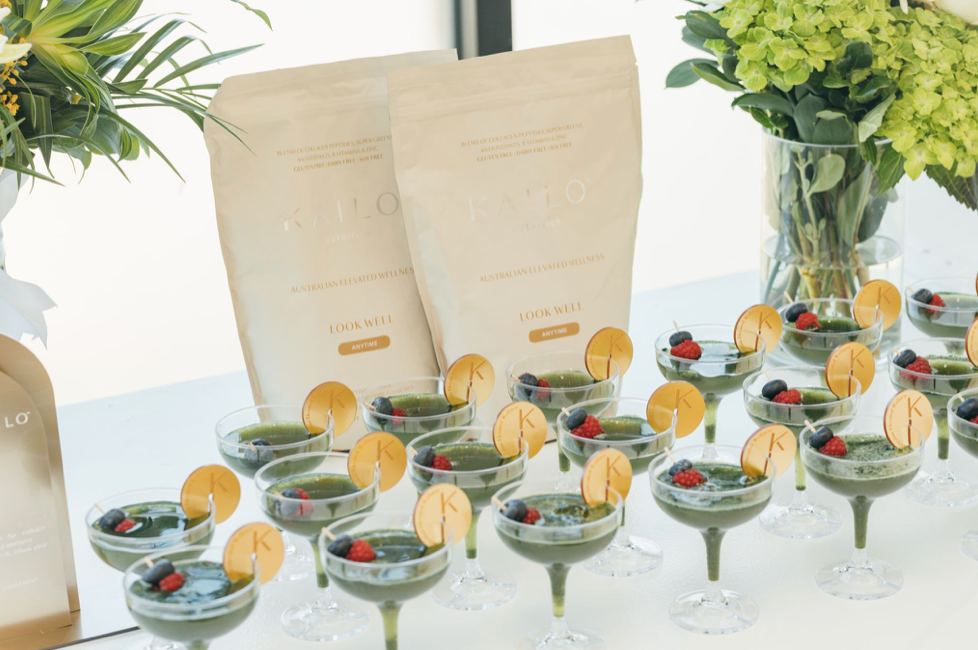By Erin Johnson - KAILO Nutrition Intern.
I’m sure you’ve heard the buzz about antioxidants but how much do you actually know about antioxidants and their purpose?
Simply put, when the cells in your body are at work, they produce unstable molecules known as free radicals. These free radicals cause damage to cells and DNA, attack important macromolecules in the body and can eventually lead to cell death. The imbalance of free radicals produced versus free radicals removed and thus the build-up of free radicals is known as Oxidative Stress. Unfortunately, there is no way to completely avoid the production of free radicals. Free radicals can be a result of certain external sources such as radiation; smoking and pollutants but they are produced when cells undergo normal metabolic processes. Free radicals have also been seen to accumulate with age and increased inflammation and exercise.
By definition, antioxidants are natural or man-made substances that help to protect, prevent or delay damage to body cells by neutralising free radicals. Antioxidants can come in many forms, some produced by the body itself and others derived from food (which cannot be made by the body).
Apart from their essential role in oxidation, antioxidants have a number of amazing benefits.
Some of these include:
Preventing disease;
Reducing inflammation;
Supporting eye health and brain function;
Improving skin health;
Helping to establish and support a healthy gut microbiome;
Helping to improve mental health and
Supporting healthy aging.
So, now that you know what they are and what they do- how can we ensure we are supplying our bodies with the necessary dose of antioxidants? As previously mentioned, the body does make antioxidants itself but we have no control over this process. Therefore, aiming to include as many antioxidant rich foods into your diet as possible is the most affective way to guarantee you are getting the sufficient antioxidants. Research has shown plant-based foods such as fruits; vegetables; legumes; beans and wholegrains usually have a higher antioxidant content than animal-based foods. Examples of dietary antioxidants, otherwise known Exogenous antioxidants are Vitamins C and E; Carotenoids; Polyphenols; Zinc and Selenium.
Below you can find a list of a few antioxidant rich foods to try include in your diet wherever possible and remember, consuming a variety of foods is a great way to ensure you are receiving a range of nutrients from your diet.
- Blueberries
- Strawberries
- Apples
- Papaya
- Cranberries
- Prunes
- Spinach
- Kale
- Avocado
- Broccoli
- Carrots
- Pumpkin
- Ginger
- Kidney Beans
- Nuts
- Cinnamon
- Turmeric
- Green tea

Antioxidant Abundant smoothie recipe:
1 cup blueberries
½ banana
1 handful spinach
1 serve Look Well (for added collagen, antioxidants and nutrients) or vanilla protein powder
1 teaspoon nut butter of choice
2 tablespoons coconut yoghurt
1 handful of ice
(Water to reach your desired consistency)
Blend all ingredients together, top with a sprinkle of cocoa nibs and enjoy!


